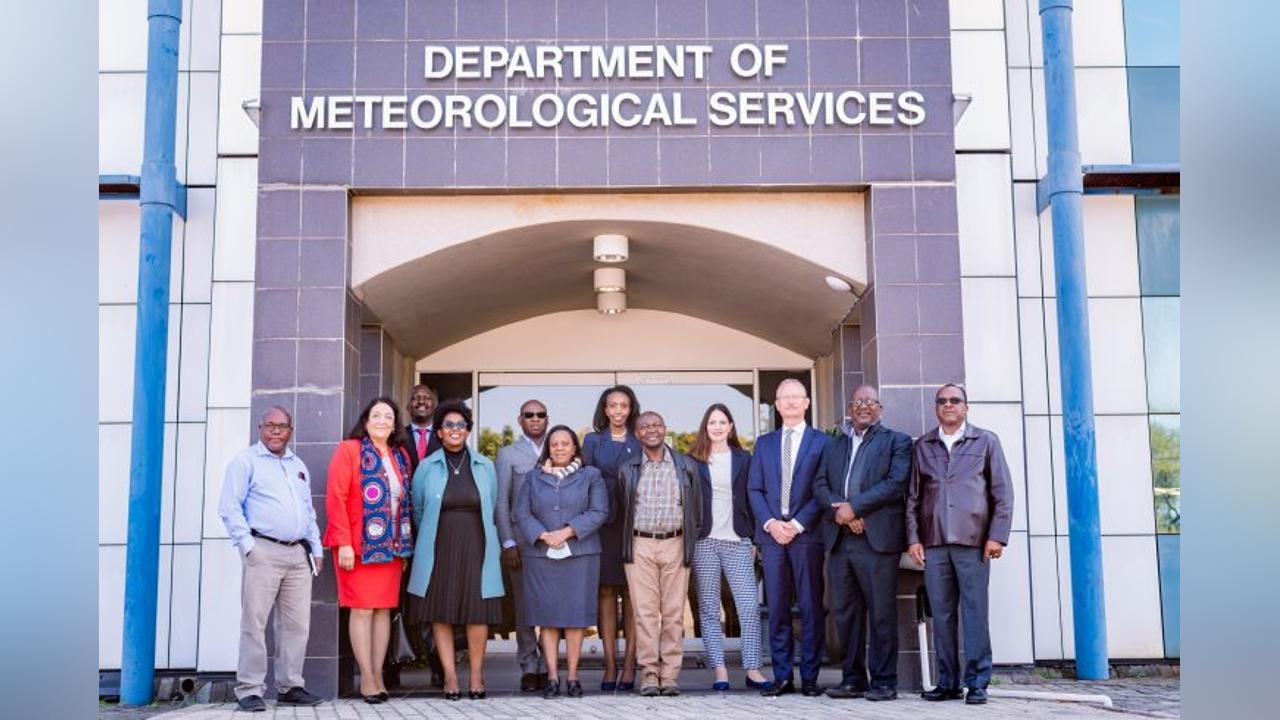Africa-Press – Botswana. As the winter season approaches, uncertainty looms over the potential continuation of El Nino-triggered weather patterns. Initially expected to recede around April and May, El Nino’s impact persisted across Southern Africa, bringing below-average rainfall.
Acording to Ms Kelesemang Maswe, the principal meteorologist at the Department of Meteorological Services, ‘these weather patterns could endure into the upcoming winter season.’
In an interview on April 15, Ms Maswe disclosed ongoing work on the winter forecast, soon to be accessible to the public.
She cautioned that depending on shifting climatic dynamics, El Nino may persist into the winter months, albeit not guaranteeing a warm season.
Ms Maswe emphasised that a lingering El Nino could influence winter rains, following a period of dry spells and exceptionally high temperatures that ravaged the ploughing season, resulting in crop failures and financial losses for farmers.
The adverse effects of El Nino, she said were not confined to Southern Africa but also impacted regions in Eastern Africa.
While Southern Africa faced arid conditions and crop damages, East Africa grappled with excessive rainfall and ensuing floods, causing agricultural and infrastructural disturbances.
Ms Maswe noted the inverse relationship between these regions’ weather patterns, underscoring the need for adaptive measures within communities.
The Department of Meteorological Services had forecast a severe drought for the 2023/24 season due to El Nino’s influence in the Southern hemisphere.
The Anticipated dry spells and heightened temperatures posed additional challenges for agricultural activities, with some areas registering temperatures exceeding 40 degrees Celsius during peak periods. Countries like Angola, Botswana, Malawi, Namibia, Zambia, and Zimbabwe endured lower-than-average rainfall levels, severely impacting agricultural output.
Looking ahead, Ms Maswe mentioned the upcoming transition from El Nino to La Nina, signaling a cooling phase with contrasting implications. Despite the anticipated below-average harvests,.
Therefore she emphasised that communities should adopt resilient strategies in adapting to these challenging climatic conditions.
For More News And Analysis About Botswana Follow Africa-Press






